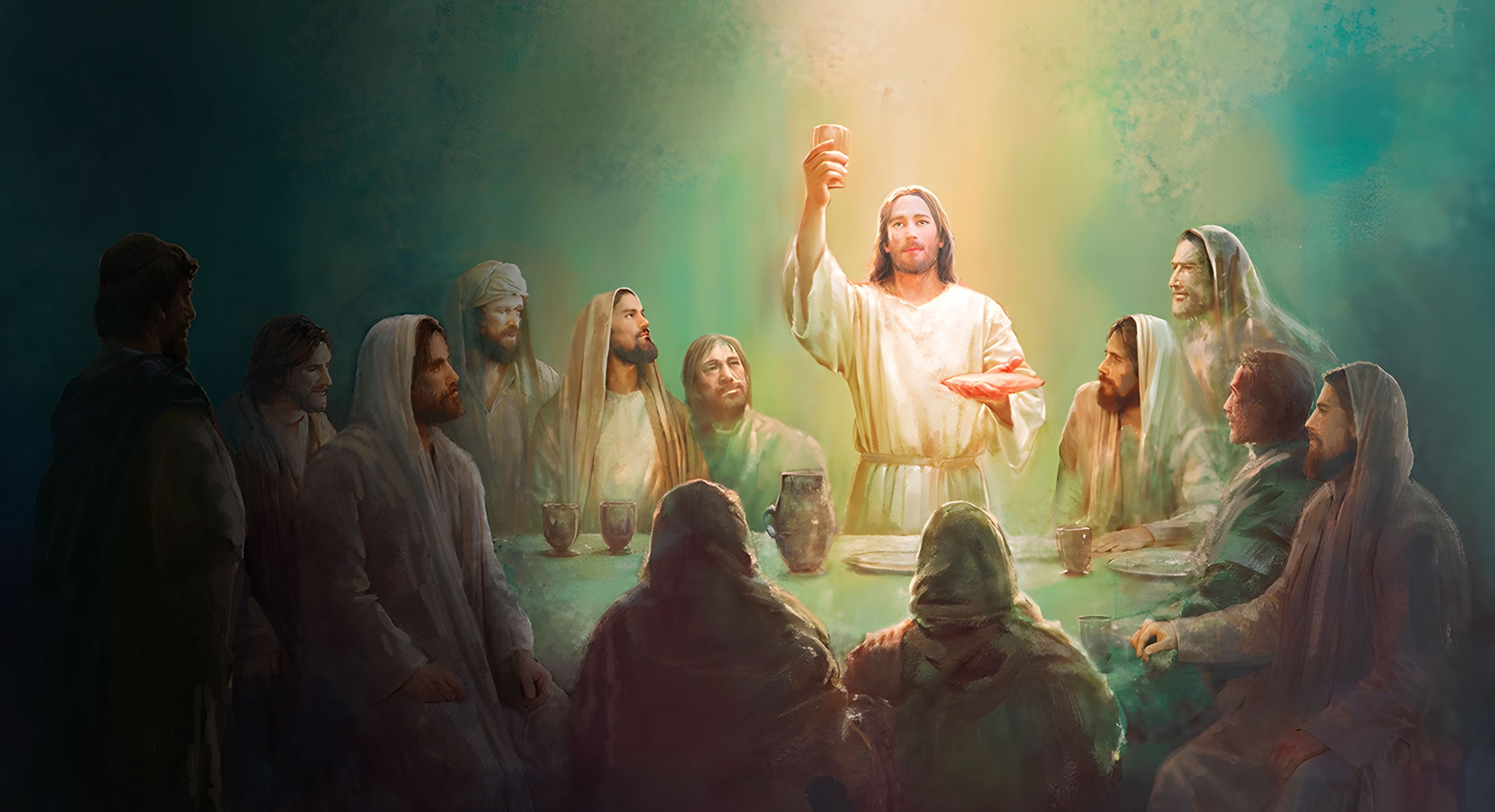Jesus clearly defined God’s expectations for our relationships with Him and each other in the New Testament.
Obeying the First Commandment
And thou shalt love the Lord thy God with all thy heart, and with all thy soul, and with all thy mind, and with all thy strength: this is the first commandment.
And the second is like, namely this, Thou shalt love thy neighbour as thyself. There is none other commandment greater than these.
God’s commandments are calculated to bring us back to Him in heaven. But we need to fulfill His word in order to return to His presence.
The first commandment to love God with heart, mind, and soul commands our entire worship and devotion while we live in a fallen world full of distractions, pain, and misery.
As we make poor choices, we become subject to sin which leaves our souls spotted. And since no unclean thing can live in the presence of God, our sin condemns us to an eternity without God.
“For all have sinned, and come short of the glory of God” (Romans 3:23.)
The human race needed a Savior with power to redeem and cleanse. Jesus Christ’s grace provides a way for mortals be cleansed and change and return to God’s presence.
“Come now, and let us reason together, saith the Lord: though your sins be as scarlet, they shall be as white as snow; though they be red like crimson, they shall be as wool” (Isaiah 1:18.)
In a way incomprehensible to understand, in the Garden of Gethsemane and on Calvary’s cross, Jesus suffered for sin and broke the bands of death, bleeding at every pore, and pleading that if it was somehow possible, He wouldn’t have to drink the bitter cup. But Jesus deferred to the will of God and did suffer, and bleed, and die to redeem mankind. His sacrificed created the grace necessary to save us.
Jesus offers His grace freely to everyone. There is no way we can earn that grace or be “worthy” enough for it because of we sin. But receiving His gift of grace changes death to life and sin to sanctification. His gift of grace changes everything.
A simplistic but effective metaphor by Brad Wilcox of why Christ’s grace saves and changes us involves piano lessons.
“Christ’s arrangement with us is similar to a mom providing music lessons for her child. Mom pays the piano teacher. How many know what I am talking about? Because Mom pays the debt in full, she can turn to her child and ask for something. What is it? Practice! Does the child’s practice pay the piano teacher? No. Does the child’s practice repay Mom for paying the piano teacher? No. Practicing is how the child shows appreciation for Mom’s incredible gift. It is how he takes advantage of the amazing opportunity Mom is giving him to live his life at a higher level. Mom’s joy is found not in getting repaid but in seeing her gift used—seeing her child improve. And so she continues to call for practice, practice, practice.
If the child sees Mom’s requirement of practice as being too overbearing (“Gosh, Mom, why do I need to practice? None of the other kids have to practice! I’m just going to be a professional baseball player anyway!”), perhaps it is because he doesn’t yet see with mom’s eyes. He doesn’t see how much better his life could be if he would choose to live on a higher plane.
In the same way, because Jesus has paid justice, He can now turn to us and say, “Follow me” (Matthew 4:19), “Keep my commandments” (John 14:15). If we see His requirements as being way too much to ask … maybe it is because we do not yet see through Christ’s eyes. We have not yet comprehended what He is trying to make of us. …
Spencer W. Kimball’s [explained], “The repenting sinner must suffer for his sins, but this suffering has a different purpose than punishment or payment. Its purpose is change.”
Let’s put that in terms of our analogy: The child must practice the piano, but this practice has a different purpose than punishment or payment. Its purpose is change.”
As we allow ourselves to be changed by Jesus Christ’s grace as we follow God’s commandment then “we all, with open face beholding as in a glass the glory of the Lord, are changed into the same image from glory to glory, even as by the Spirit of the Lord” (2 Corinthians 3:18.)




